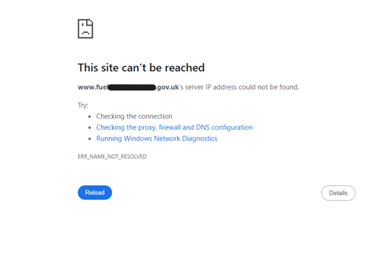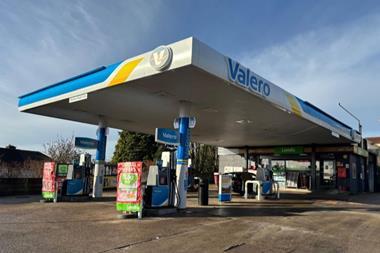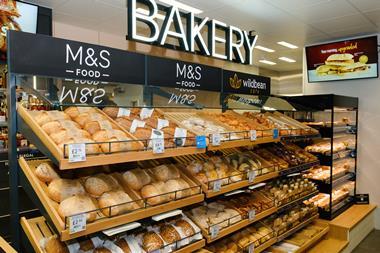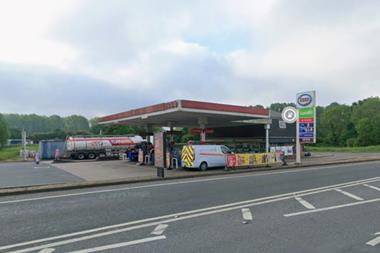Virtually every business - and that includes petrol retailers - claims back the VAT on the petrol/diesel that it buys for its own consumption. Naturally HM Revenue & Customs (HMRC) has always assumed that at least some of that fuel is actually used for ’private’ mileage.
After all, travelling between your home and your place of business is actually ’private’ mileage. However, to stop endless arguments with the VAT inspector about exactly what constitutes ’business’ mileage as opposed to ’private’ mileage, there has been a relatively simple set of ’Fuel Scale Charges’ in use for many years, which standardised the amount of VAT that HMRC charged you on each VAT return. Traditionally this set of charges was in the form of a table based on the engine size of your car and whether that engine ran on petrol or diesel. In general the rule was that the larger the engine the more it cost you in disallowed VAT, and (at least in recent years) petrol engines were more expensive than diesels. In practice your car fell into one of six possible charge-bands - three each for petrol and diesel engines.
However, back in the 2006 Budget, the Chancellor announced a change to this rather simple system. In line with the current mania concerning the (alleged) effect of CO2 emissions on ’climate change’ and in an attempt to be seen as more ’green’, the government planned to introduce a new set of scale charges based not just on engine type/size, but on the officially-measured CO2 emissions of each particular vehicle. As a result, instead of your VAT bill being determined by one of the previous six simple charge bands, in future the cost would be calculated by reference to a table of 21 possible charge bands. So simply knowing the engine size would not be enough - the problem being that the official ’CO2 rating’ can be affected by all sorts of variables in the vehicle manufacturers’ specifications. These include whether the car has an automatic or manual gearbox, or even in some cases dependent on what size wheels and tyres are ’standard’ for that particular variant of the model.
Well, the future arrived on May 1, 2007: the new VAT Fuel Scale Charges apply from this month. The governement’s stated intention was that the move would be ’cost neutral’ overall to business; in other words it wasn’t in itself intended to raise more VAT out of business users. But the key word here is ’overall’ - as far as individual business users are concerned, there will be some winners and some losers. We’ve done a few calculations to see how the changes affect the VAT cost of running various cars and these have thrown up a few rather interesting results.
Our random sample of models suggests that owners of older-designed, larger diesels will be paying rather more VAT than before, while those driving the latest relatively clean engines will find their bills drop, regardless of whether the engine is petrol or diesel.
The exact CO2 emission rating for all recent cars can be found at a government website - [http://www.vcacarfueldata.org.uk/search/search.asp] - and the same site includes various calculators to show the VAT cost each month, quarter and year. Where a car is too old to be listed, there is a special category of charge-band which is based on engine size and assumed CO2 ratings. Where cars have a dual-fuel capability such as petrol and LPG, they will have a dual CO2 rating and the lower of the two ratings will apply.
Some site operators have occasionally asked us whether they should be reclaiming any VAT on their fuel at all, since if you don’t claim any input VAT then you won’t be subject to these charges of output VAT.
Ultimately the answer depends on individual circumstances. If you do relatively little mileage in your car, and hence don’t have a huge fuel cost each month/quarter, then it is possible that your VAT Scale Charge may be greater than the VAT you reclaim on your fuel in the first place. In such cases it would clearly make sense not to reclaim any of the VAT and not have to make the re-charges. However, if you spend a large part of your week driving between your sites, then the fuel costs are likely to be considerable, and any savings would have to be made by changing to a more efficient ’cleaner’ car. Your business advisor should be able to do the sums for you, although they will need to know the exact specification of each car you run through the business.



























No comments yet